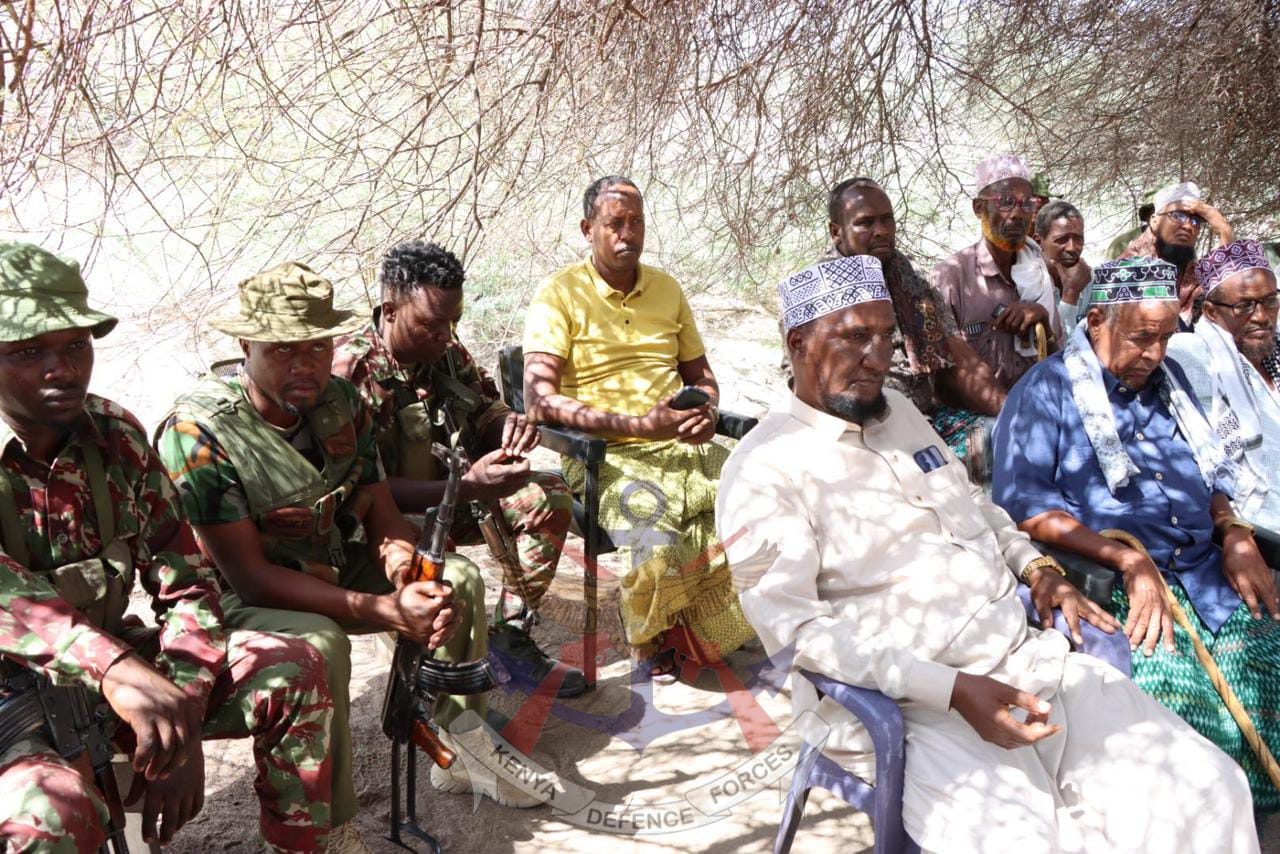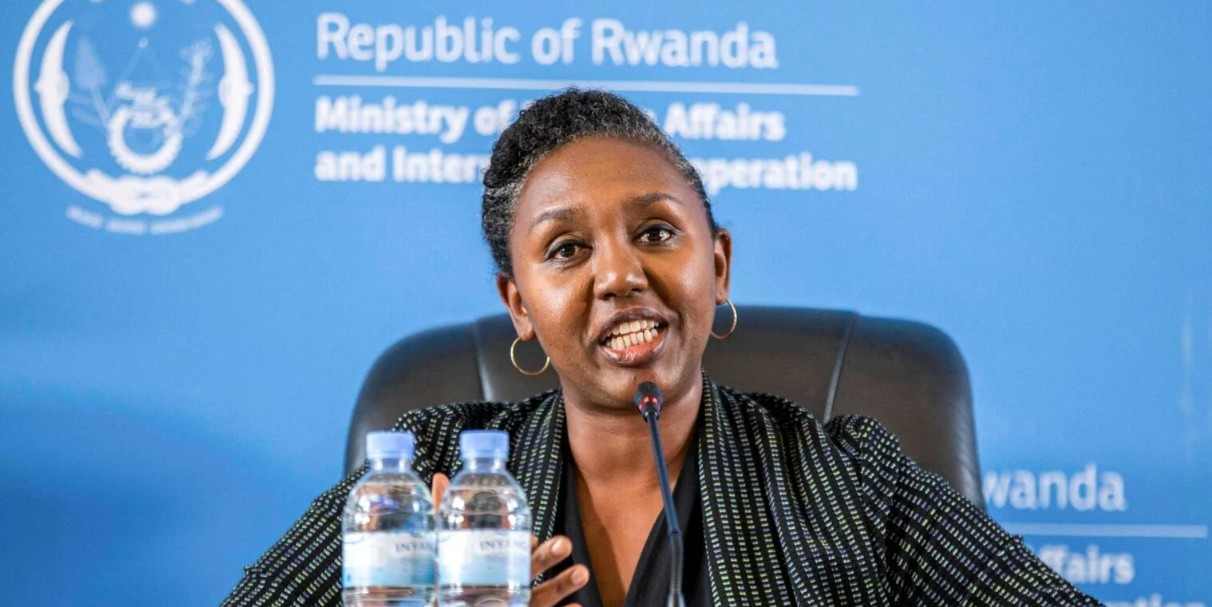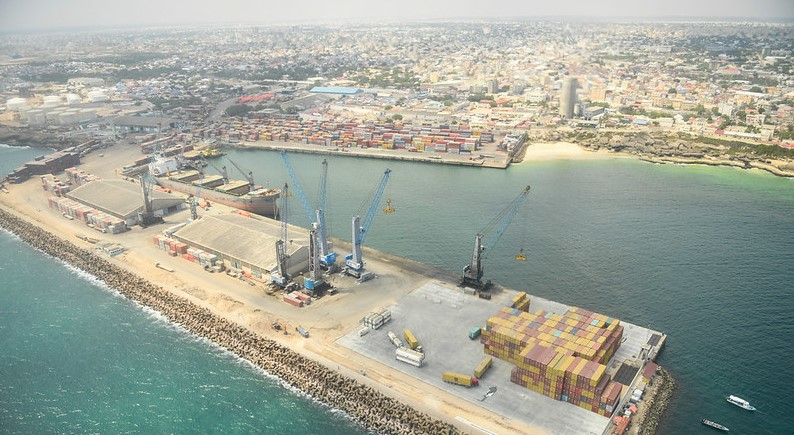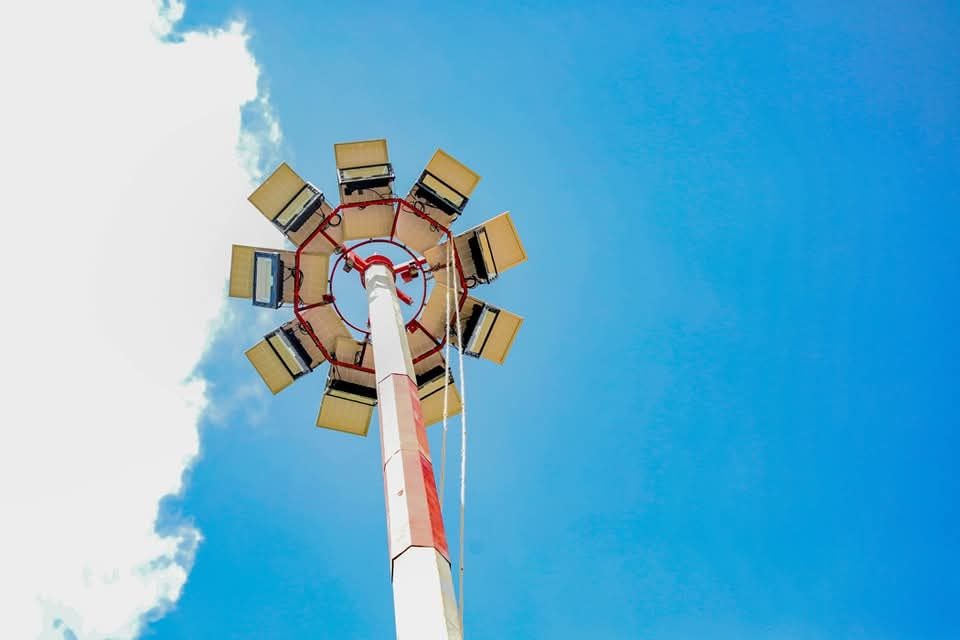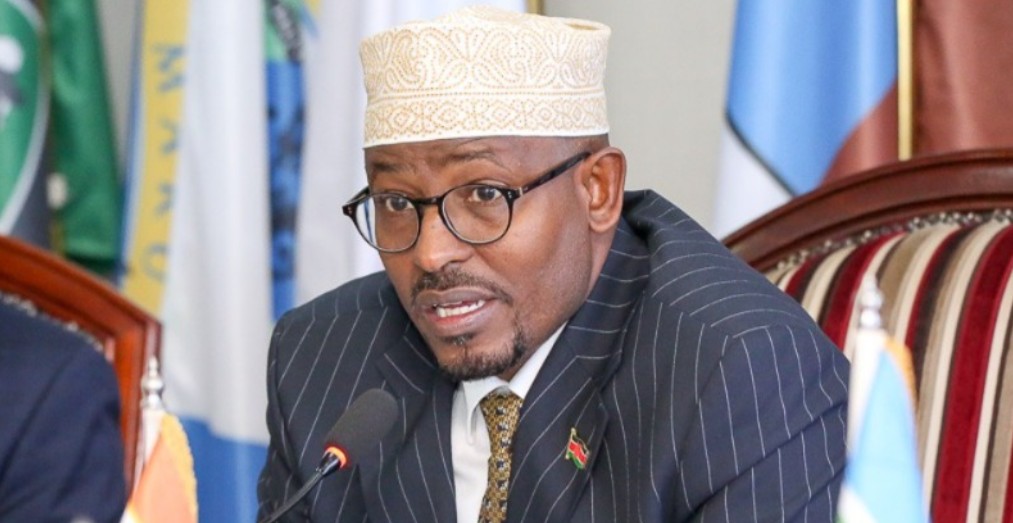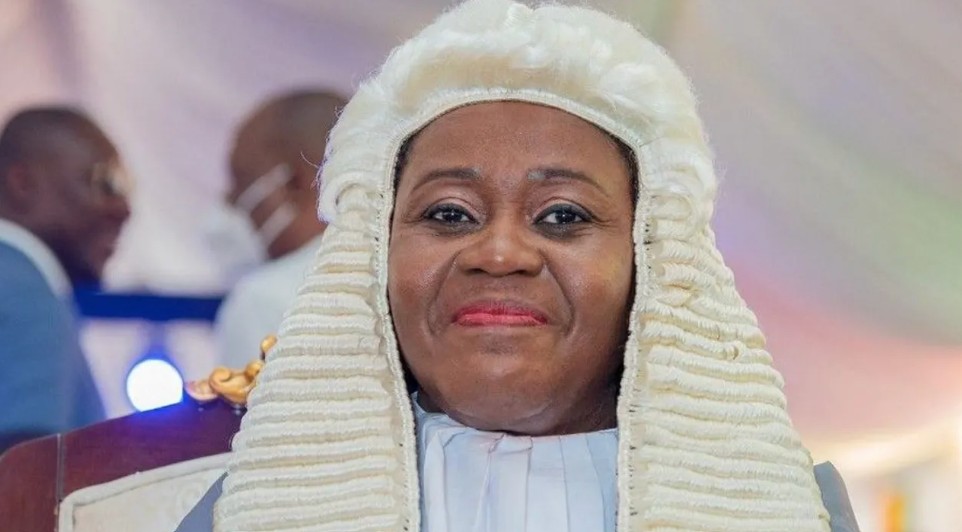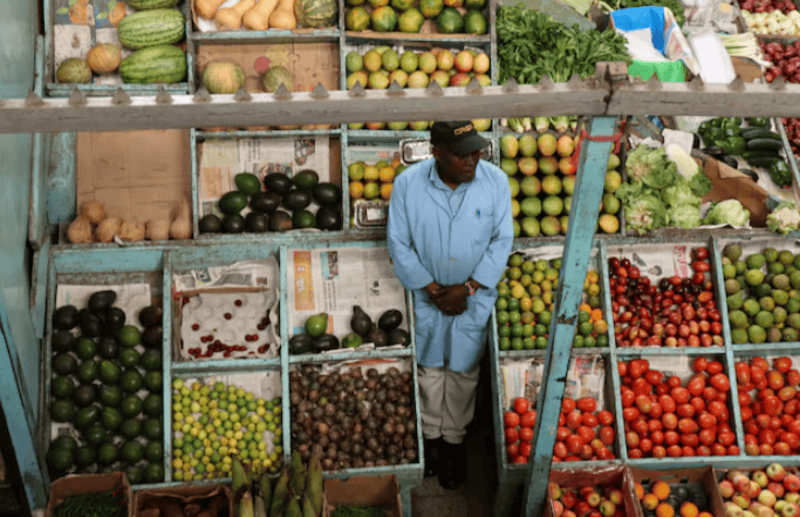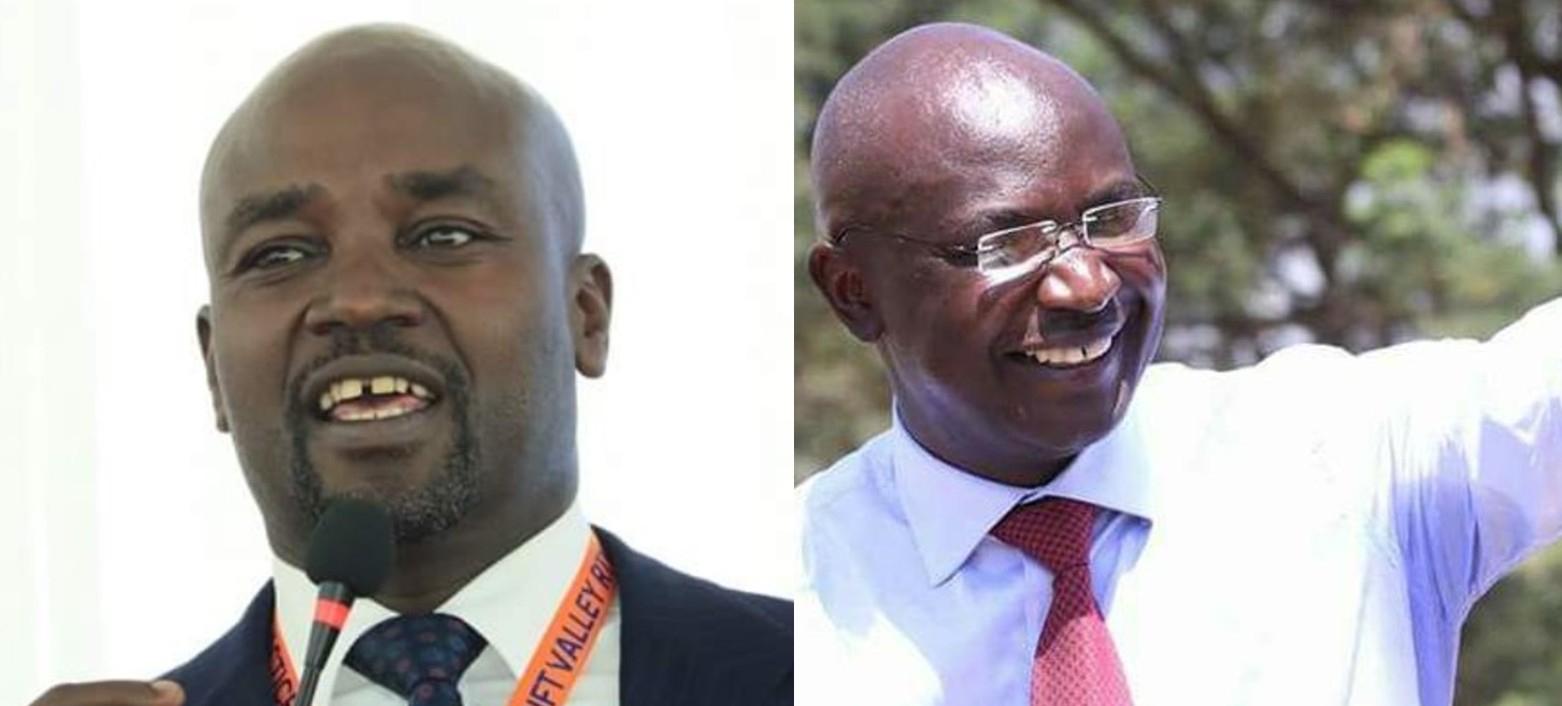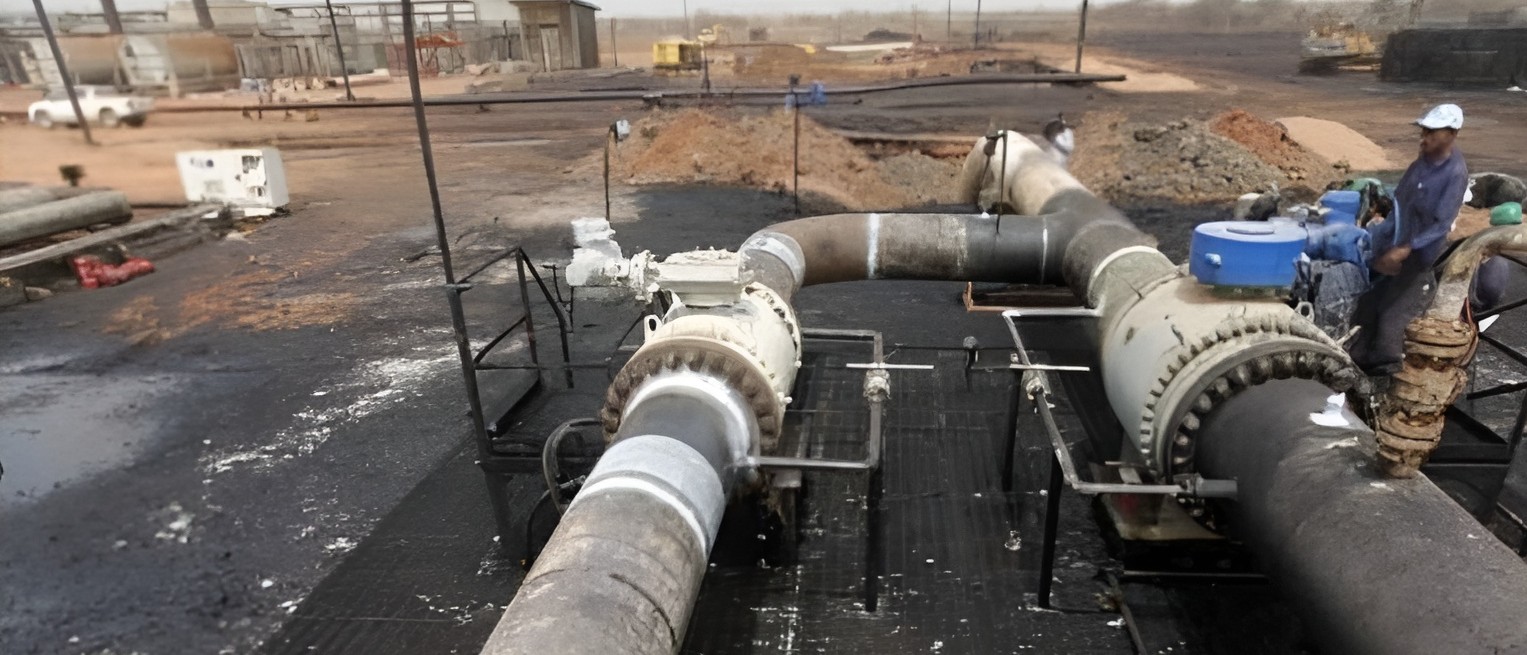Only 1% of Kenyans trust President Ruto-Infotrak
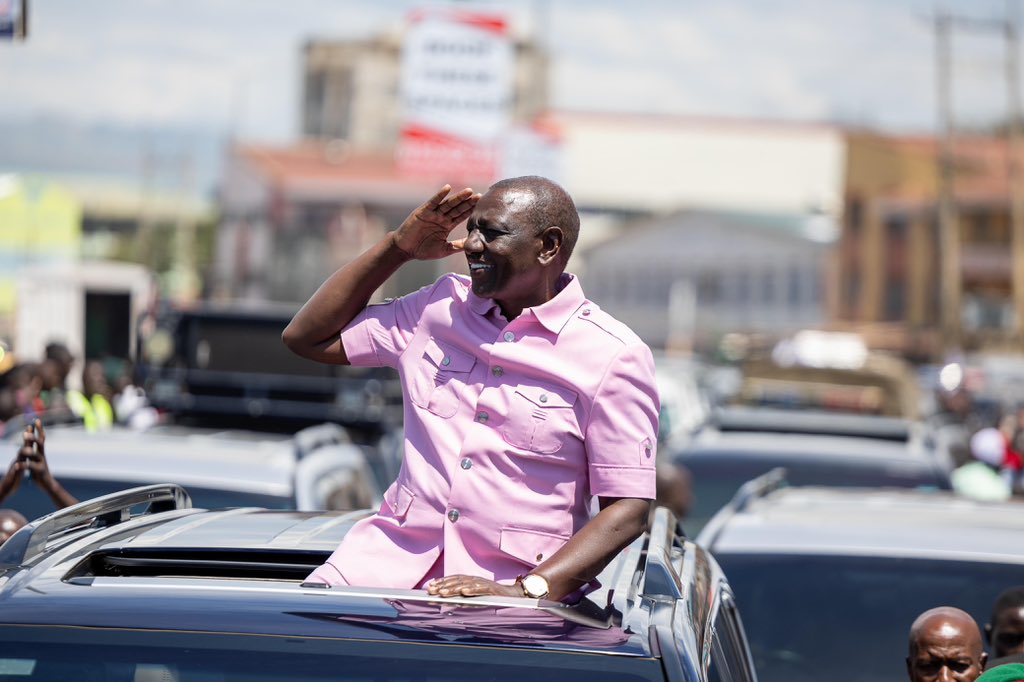
A respondent explained the growing distrust, attributing it to unfulfilled promises made by the current administration.
As President William Ruto marks two years in office, a new survey reveals a significant decline in public trust in his government and key state institutions.
Infotrak Research and Consulting conducted the Nationwide Perception Study between November 16 and 30, 2024, presenting a troubling picture of Kenyan governance.
More To Read
- Resign if you can’t adapt: Ruto warns state officials opposing e-procurement
- President Ruto vows to crack down on SHA fraud as 1,000 health facilities shut
- President Ruto bestows Prince Rahim Aga Khan V 'Chief of the Order of the Golden Heart'
- Ruto appoints Faith Odhiambo to co-chair panel of experts on compensation of protest victims
- Ruto appoints Komora, Siparo to National Police Service Commission
- Challenging the status quo: Githunguri MP Gathoni Wamuchomba tells it all
The study, which surveyed 2,400 respondents across all 47 counties, shows that only a tiny fraction of Kenyans trust the current executive.
A mere 1% of those surveyed expressed full trust in President Ruto and his Cabinet. An additional 28% reported moderate trust, while 29% had little confidence in the government.
The majority, 37%, stated they had no trust at all in the President, Deputy President, or Cabinet. The survey's findings suggest a deep disillusionment with the country's leadership.
A respondent explained the growing distrust, attributing it to unfulfilled promises made by the current administration.
"The waning public trust in our institutions is a result of, one, over-promising and two, failure to fulfil those promises. I think the current leaders came into office with many promises. Some of these promises were realistic, while others were unrealistic"
Respondents also outlined key reforms they believe could restore trust in the executive and other state institutions.
Half of those surveyed (50%) cited stronger anti-corruption measures as the most important step, while 22% highlighted the need for qualified leadership. Additionally, 34% emphasised strengthening institutional independence, and 45% pointed to improving transparency in elections as crucial for restoring public confidence in government.
The survey further revealed that while trust in the government is at an all-time low, the media enjoys higher levels of public confidence. Fifteen per cent of respondents expressed full trust in the media, compared to just 7% who trust religious leaders and 4% who trust civil society organisations.
Other key institutions, such as the judiciary, police, Senate, opposition leaders, and the Office of the Auditor General, all received a mere 2% trust rating.
The judiciary’s trust ratings, in particular, are concerning, with only 2% of respondents saying they trust it fully.
Thirty-four per cent reported moderate trust, 27% had little trust, and 30% expressed no trust at all. This sentiment reflects broader concerns about the country’s governance and democratic institutions.
Top Stories Today
